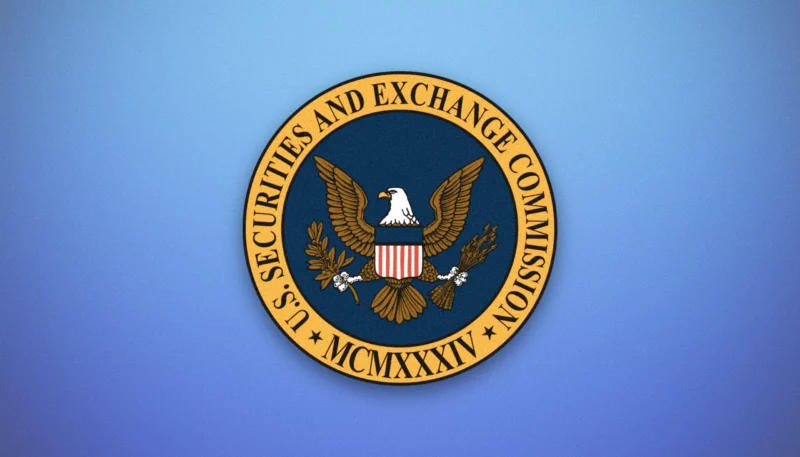On July 10, 2013, the Securities and Exchange Commission finally issued its regulations lifting the ban on general solicitation pursuant to Title II of the Jumpstart Our Business Startups Act (“JOBS Act”). The lifting of the ban will take effect in about 60 days from now.
Release No. 33-9415, entitled “Eliminating the Prohibition Against General Solicitation and General Advertising in Rule 506 and Rule 144A Offerings,” is the final rule adopting amendments to Rule 506 and Rule 144A pursuant to Title II of the JOBS Act. The amendment to Rule 506 permits an issuer to engage in general solicitation or general advertising in offering and selling securities in reliance on the exemption in Rule 506 as long as all purchasers are accredited investors and the issuer takes reasonable steps to verify that status. Form D will be revised to require an issuer to check a box to indicate whether it is relying on the provision that permits general solicitation or general advertising in a Rule 506 offering (which will now be called Rule 506(c)) or the issuer is relying on the traditional Rule 506 exemption which still prohibits general solicitation (now called Rule 506(b)). The amendment to Rule 144A provides that securities may be offered pursuant to Rule 144A to persons other than qualified institutional buyers as long as the securities are sold only to persons that the seller reasonably believes are qualified institutional buyers. The text of the release, which includes the final rule, can be found here.
The SEC originally proposed rule amendments to implement Title II of the JOBS Act on August 29, 2012. It adopted the amendments to Form D and to Rule 144A as proposed and the amendment to Rule 506 as proposed, with one significant modification: in response to many comments requesting greater certainty with respect to the verification requirement, the new Rule 506(c) will include a non-exclusive, non-mandatory list of methods that issuers may use to verify whether natural persons are accredited investor. The methods include the following:
- In regard to whether the purchaser is an accredited investor on the basis of income, reviewing any Internal Revenue Service form that reports the purchaser’s income for the two most recent years and obtaining a written representation that the purchaser has a reasonable expectation of reaching the income level necessary to qualify as an accredited investor during the current year;
- In regard to whether the purchaser is an accredited investor on the basis of net worth, reviewing one or more of the following types of documentation dated within the prior three months and obtaining a written representation that all liabilities necessary to make a determination of net worth have been disclosed:
- With respect to assets: bank statements, brokerage statements and other statements of securities holdings, certificates of deposit, tax assessments, and appraisal reports issued by independent third parties; and
- With respect to liabilities: a consumer report from at least one of the nationwide consumer reporting agencies.
- Obtaining a written confirmation from one of the following that such person or entity has taken reasonable steps to verify that the purchaser is an accredited investor within the prior three months and has determined that such purchaser is an accredited investor:
(1) A registered broker-dealer;
(2) An investment adviser registered with the SEC;
(3) A licensed attorney in good standing; or
(4) A registered certified public accountant in good standing.
- In regard to any person who purchased securities in an issuer’s Rule 506(b) offering as an accredited investor prior to the effective date of the amendment and continues to hold such securities, for the same issuer’s Rule 506(c) offering, obtaining a certification at the time of sale that such person qualifies as an accredited investor.
I am pleased with the change that the SEC made to the proposed rule. When the SEC originally issued the proposed rule, my main concern was the lack of a safe harbor for verifying a purchaser’s accredited investor status. By addressing this, in my view the SEC has done a pretty good job at implementing Title II of the JOBS Act.
So should startups and private funds rejoice? Not so fast. In the same meeting, the SEC issued a final rule implementing the proposed “bad actor” rule pursuant to the Dodd-Frank Act, about which I have previously expressed some concerns (as well as the Angel Capital Association). Worse yet, the SEC proposed new rules regarding Form D, which will have some disturbing implications for startups and private funds. I will write more on these two regulations in the coming days.
© 2013 Alexander J. Davie — This article is for general information only. The information presented should not be construed to be formal legal advice nor the formation of a lawyer/client relationship.




